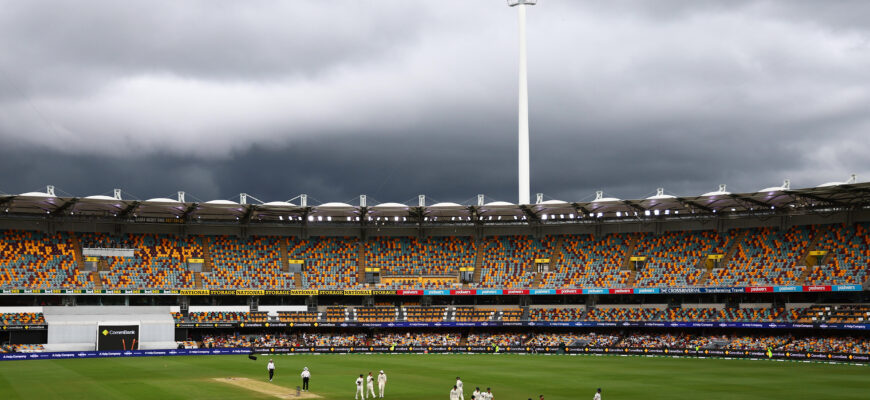The latest installment of the Manchester Derby, often a fiercely contested battle for city bragging rights, unfolded on Sunday not as a clash of equals, but as a stark demonstration of the ever-widening chasm between two clubs currently operating on vastly different planes. Manchester City’s emphatic 3-0 victory over Manchester United at Old Trafford was more than just three points; it was a narrative etched in defensive frailty, tactical misjudgment, and the palpable difference in club trajectories.
City’s Clinical Precision: A Machine in Motion
For Pep Guardiola’s Manchester City, the derby was a display of business as usual. They arrived as clear favorites and played with the assured confidence of a side that knows its identity and executes its strategy with near-flawless precision. Erling Haaland, the prolific striker, etched his name into the derby`s record books with a brace, showcasing his unerring ability to find the net when it matters most. His goals were not merely individual brilliance but the culmination of City`s intelligent movement and incisive passing, dissecting a United defense that seemed to anticipate rather than react.
Perhaps the most telling detail from City’s perspective was the debut of their new goalkeeper, Gianluigi Donnarumma. Signed on deadline day, his first outing for the club saw him enjoy what could only be described as a rather leisurely afternoon. With United managing a mere two shots on target, Donnarumma’s most notable action was a single impressive save. One might almost suggest his primary challenge was staying warm – a luxurious problem to have in a high-stakes derby and a testament to the impenetrable shield City constructed around their goal.
United’s Perilous Defense: A Recurring Nightmare
Contrast this with Manchester United, where the narrative was one of persistent vulnerability. Their defense, a point of concern for much of the season, morphed into a “shambolic” spectacle on Sunday. The newly appointed number one, Altay Bayindir, found himself thrown into the deep end, and unfortunately, struggled to stay afloat. Slow reactions to goals and an inability to assert himself in one-on-one situations painted a grim picture. While a new goalkeeper might technically offer an `improvement` over a predecessor, Bayindir`s debut suggested that swapping one set of problems for another is not a solution when the systemic issues run deeper.
The collective defensive effort was alarming. Instances of simple errors piled up, demonstrating a lack of cohesion and communication that would be worrying in any match, let alone a derby. Haaland’s first goal, for example, saw United players desperately trying to close down space after City had already carved them open – a classic case of `too little, too late`. Five red shirts chasing a single striker as he slotted the ball home illustrates not just individual lapses, but a profoundly ineffective defensive structure.
The Managerial Conundrum and a Deeper Identity Crisis
United’s manager, Ruben Amorim, now faces intensified scrutiny. While the problem at Old Trafford is undeniably multifaceted and extends beyond any single manager, Amorim’s recent choices have done little to bolster his case. His tactical vision, intended to rebuild the club, appears to be failing to translate into tangible improvements on the pitch. The derby itself highlighted this, with peculiar substitutions – a defensive swap after going down 2-0, perhaps in the optimistic hope of a dead-ball miracle from a center-back like Harry Maguire – raising eyebrows.
An attacking change only came after United were already three goals down, in the 80th minute. This delay, while potentially indicative of squad composition challenges, speaks volumes about the team’s reactive rather than proactive approach. For a club with United’s history and aspirations, being so far removed from genuinely competitive performances in meaningful matches, particularly against their closest rivals, points to a much deeper identity crisis that a quick fix manager or a few new players simply cannot resolve.
The Unmistakable Divide
The Manchester Derby on Sunday was more than a football match; it was a clear signpost indicating the trajectory of both clubs. Manchester City continues its relentless pursuit of excellence, a well-oiled machine that capitalizes on every opportunity. Manchester United, by contrast, is a club grappling with foundational issues, where repeated defensive lapses and a struggle to find a coherent tactical identity prevent any meaningful ascent. The gap between them is not shrinking; it is, regrettably for one side, continuing to expand, turning what was once a titanic struggle into an increasingly predictable exercise in contrasts.








